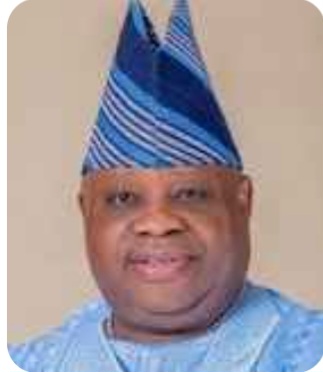*JUST IN: Downward Review of Band A Electricity Tariff – Details*
The Federal Government of Nigeria has endorsed a downward review in electricity tariff for Band A customers to N206.80/kwh, from N225/kwh in Nigeria.
It should be noted that Ban A customers are electricity consumers with a minimum supply of 20 hours daily.
In a notice to its customers on Monday, Ikeja Electricity, stated: “Please be informed of the downward tariff review of our Band A feeders from N225/kwh to N206.80/kwh effective 6th May 2024 with guaranteed availability of 20-24hrs supply daily”.
“The tariff for Bands B, C, D, and E remains unchanged.”
*Band A*
According to the Nigerian Electricity Regulatory Commission, NERC, the tariff paid by Band A customers from N68/KWh to N225/kWh has been increased
“Band A customers are expected to receive between 20-24 hours of electricity supply daily while the subscribers under Band B enjoy 16 to 20 hours of power supply and those in Band C receive 12 to 16 hours daily”.
NERC also revealed that Band A customers make up just 15 percent of total electricity customers in the country.
Additionally, these customers would no longer enjoy government subsidy on electricity.
Meanwhile, the review of electricity tariff generated reactions across the country.
For instance, human rights lawyer, Femi Falana (SAN), said the Federal Government was working in the interest of the International Monetary Fund, IMF, and the World Bank in hiking electricity tariff.
He emphasized: “The Honourable Minister of Power is acting the script of the IMF and the World Bank.”
The new development shows that the Nigerian Bar Association, NBA, Ikeja branch, has given the Federal Government and electricity distribution companies, DisCos, a seven-day ultimatum to reverse to the old electricity tariff or face a lawsuit.
Mr Seyi Olawunmi, the chairman of the branch, described the increase in the electricity tariff by almost 300 per cent as unreasonable and insensitive.
Olawunmi said the National Electric Regulation Commission (NERC) order in respect to the tariff hike was not in line with the current economic realities of an average Nigerian.


